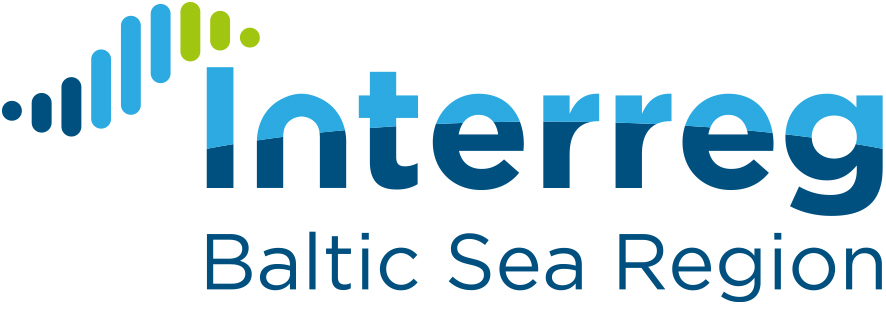On 15 March 2016, the European Parliament and the Council reached a political agreement on a multiannual plan for the most important fish stocks in the Baltic Sea. This is the first of a new generation of fisheries management plans that implement the EU’s reformed Common Fisheries Policy (CFP) that aim to make the management of fish stocks more flexible and more sea-basin specific.
In keeping with the CFP’s emphasis on regionalisation, the agreed plan empowers regional decision-making on technical issues that are best decided at the level of the Baltic Sea basin. Member States will also be able to decide on how best to implement the landing obligation – a key part of the CFP’s drive for greater sustainability.
For more information about the Baltic Sea plan for fisheries, please follow this link.
Source: Maritime Affairs and Fisheries DG
